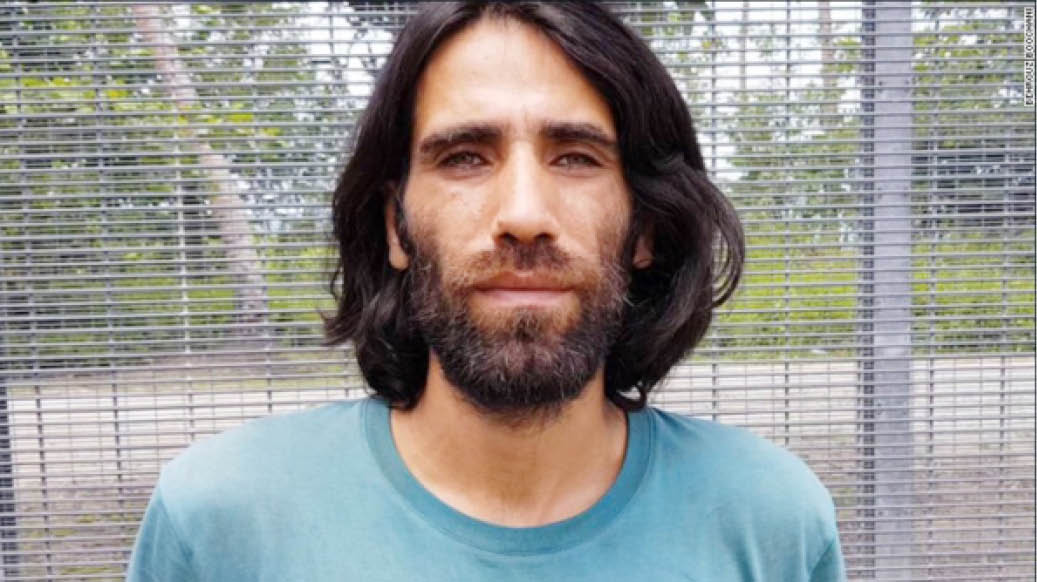Refugee detained in offshore camp wins richest literary prize
A refugee currently held in a detention camp in Papua New Guinea has won two of Australia’s richest literary prizes, netting him 125,000 Australian dollars (approximately $90,000). Winner Behrouz Boochani could not attend Thursday’s ceremony for the Victorian Premier’s Literary Awards, where he took the Victorian Prize for Literature — the country’s most lucrative prize […]

Behrouz Boochani, above, could not attend the ceremony for the Victorian Premier’s Literary Awards
A refugee currently held in a detention camp in Papua New Guinea has won two of Australia’s richest literary prizes, netting him 125,000 Australian dollars (approximately $90,000).
Winner Behrouz Boochani could not attend Thursday’s ceremony for the Victorian Premier’s Literary Awards, where he took the Victorian Prize for Literature — the country’s most lucrative prize — and the Non-Fiction Prize.
Australia detained the Kurdish-Iranian journalist on the island of Manus in 2013 for attempting to enter Australia without a valid visa.
Boochani is among 600 refugees who remain in camps on the island despite Australia having closed its “regional processing center” there in 2017.
While in detention, Boochani used his cell phone to write the book titled “No Friend But the Mountains: Writing from Manus Prison.” Publisher Picador Australia received the transcript from him piecemeal, via text message.
The award committee referred to the book as a “voice of witness, an act of survival. A lyric first-hand account. A cry of resistance. A vivid portrait through five years of incarceration and exile.”
“Boochani has produced a stunning work of art and critical theory which evades simple description,” the judges’ report read. “At its heart, though, it is a detailed critical study and description of what Boochani terms ‘Manus Prison Theory’… (He) provides a new understanding both of Australia’s actions and of Australia itself.”
“Distinctive narrative formations are used, from critical analysis to thick description to poetry to dystopian surrealism. The writing is beautiful and precise, blending literary traditions emanating from across the world, but particularly from within Kurdish practices,” it added.
Writing for CNN last year, Boochani described his detention as “state-sanctioned hostage-taking” by the Australian government. “We are forgotten people, discarded on forgotten islands,” he added.
The Australian government maintains that its tough border protection policies are necessary to avoid deaths at sea at the hands of people smugglers. Under the policy, people who arrive in Australian waters by boat are sent to offshore processing centers and told they will never be settled on the mainland.
Source: CNN.com
